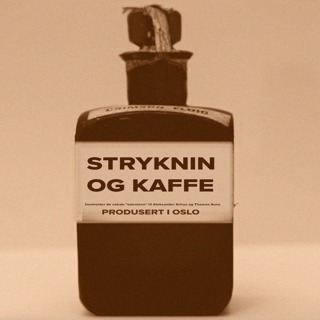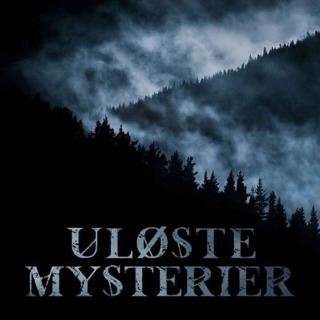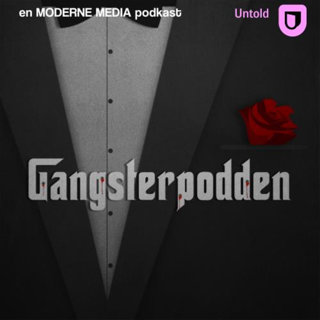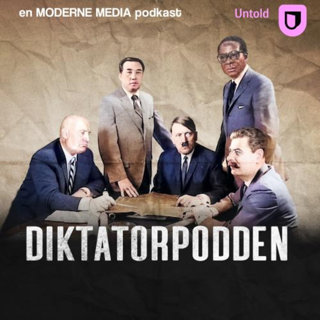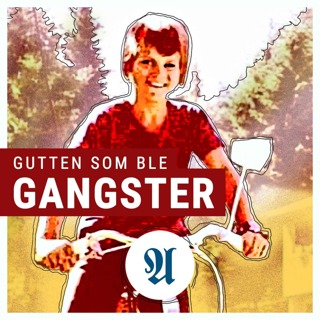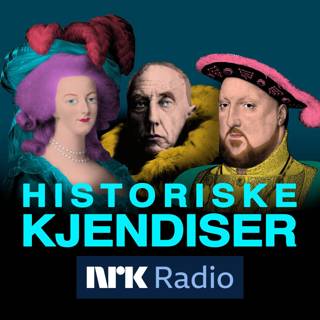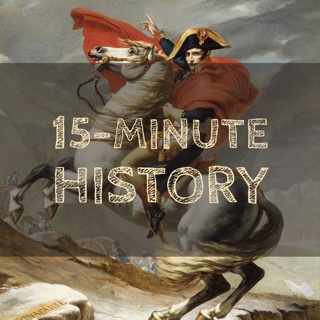
Colt, Gatling, and Browning | A Discussion on Gun Pioneers
Join us as we discuss Samuel Colt, Richard Gatling, and John Browning. We talk about their work, their impact on history, and how their names are culturally relevant - beyond the brand - in our world today.
4 Apr 202245min

Colt, Gatling, and Browning | Gun Pioneers
Samuel Colt’s name is forever linked to the company he founded and the revolver he called the “Peacemaker.” Born in Connecticut in 1814, he was steeped in America’s gun culture from an early age. His grandfather had served in George Washington’s army, and Samuel inherited an old flintlock pistol from the family hero when he was only six. At the age of fifteen, while working in his father’s textile plant, he built a galvanic cell (basically an early battery) and used it to set off explosives beneath the surface of a nearby pond during the Fourth of July. He continued to experiment with chemicals and combustion—as many young men do—and became fascinated by inventors’ work to create a firearm that could shoot more than bullets before needing to reload. Join us as we teach you about Samuel Colt, Richard Gatling, and John Browning. In this episode you'll learn about their work, their impact on history, and how their names are culturally relevant - beyond the brand - in our world today.
21 Mar 202215min

Che Guevara | A Discussion on the Symbol of Revolution
Join us as we discuss Che Guevara, his life, beliefs, and impact on our world today.
14 Mar 202239min

Che Guevara | Symbol of Revolution
Join us as we teach you about Che Guevara, his influence, actions, and the effects of his Marxist beliefs.
7 Mar 202215min

Three Great Generals | A Special Discussion
Join us in this special episode as we discuss six famous generals, their lives, their methods, and what we can learn from them.
28 Feb 202256min

Joseph Stalin: A Discussion on the Intellectual and Killer
Join us as we discuss Joseph Stalin, his life, rise to power, effect on world history, and his insanity.
21 Feb 202253min

Joseph Stalin | Intellectual and Killer
The great revolutionary's body lay in a red coffin as it wound its way through the streets of Moscow toward the House of Trade Unions. Six men carried it, surrounded by a phalanx of guards, through the gathered throng of mourners—some genuine, others paid. Each hoped to succeed Vladimir Lenin as leader of the Union of Soviet Socialist Republics, but only one could, and did. The mustachioed man known to his friends as "Koba" who had spent decades fighting to bring communism to his homeland was now General Secretary of the Communist Party of the Soviet Union, and he held in his hands the keys to ultimate power in the world's largest state. His rivals, especially Lenin's closest ally Leon Trotsky, were already plotting against him, but the general secretary controlled the Party's political apparatus and had the support of leaders across the country. When Lenin was laid to rest, three men formed an uneasy alliance, a troika, to rule collectively, but Joseph Vissarionovich Stalin was determined to rule alone. Join us as we teach you about Joseph Stalin, his life, rise to power, and his lasting effect on our world today.
14 Feb 202222min

Alexander the Great | A Discussion on the Conqueror of the World
Join us as we discuss Alexander the Great and how he became the ruler of the known world (with some Star Trek references).
7 Feb 202235min











